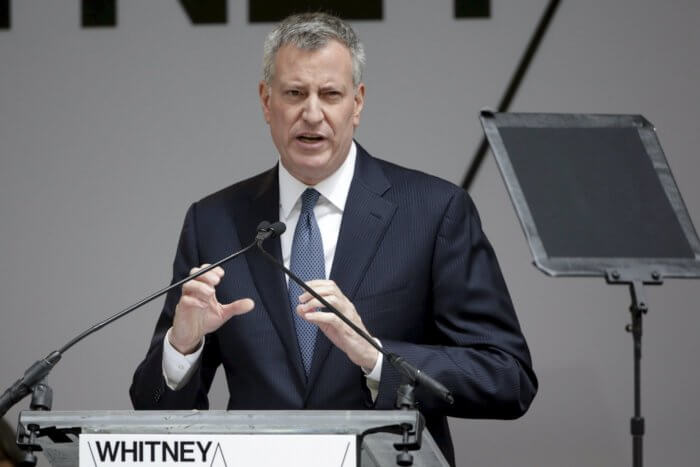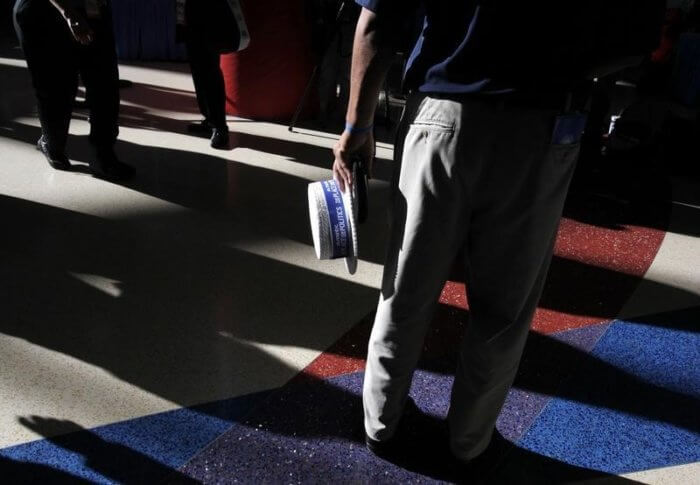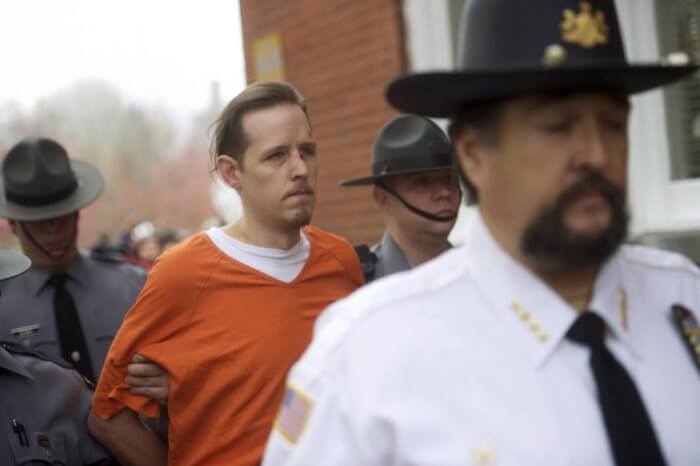By Hilary Russ
NEW YORK (Reuters) – Pennsylvania Governor Tom Wolf on Wednesday proposed a new 5 percent severance tax on the state’s booming natural gas extraction industry, a turnabout from his Republican predecessor who opposed such a tax. The measure could generate $1 billion or more, Wolf said again on Wednesday, repeating a figure he touted during his campaign. He said he would use “the lion’s share” of the additional revenue to boost education funding. Wolf, a Democrat, ousted incumbent Tom Corbett in November in part because some voters believed Corbett had dramatically underfunded the school system. “We have the natural resources to actually do something about the problem here,” Wolf said during his announcement, broadcast from Caln Elementary School, about an hour west of Philadelphia. Like other public schools in Pennsylvania, Caln gets about 30 percent of its funding from the state. Wolf noted that Pennsylvania ranks forty-fifth in the nation for state support for education.
With its rich Marcellus shale formation, Pennsylvania’s industry for natural gas extraction has boomed. It is now second in production behind only Texas, which, like all other major natural gas producing states, already has a severance tax on the value of the gas extracted at the wellhead. Wolf said his proposal is modeled after the severance tax levied in West Virginia.
Calling it the Education Reinvestment Act, Wolf said his plan would also add a tax, based on volume of extraction, of 4.7 cents per thousand cubic feet of natural gas. And it would include some protection for property owners leasing their land, he said. If approved by the state legislature, it would go into effect Jan. 1, 2016, and provide revenues for the state beginning fiscal year 2017. The state is facing an estimated budget gap of at least $2 billion, which Wolf is expected to address in his budget proposal on March 3. The measure could face some pushback in the state’s Republican-controlled legislature. But some kind of fracking tax stands a chance of passing, as lawmakers from both parties have already proposed their own such taxes in recent weeks ranging from 3.2 percent to 8 percent. “I don’t think lawmakers are gearing up for gridlock,” Wolf said. “Done right, a reasonable tax is actually the best thing for the private sector. This is a reasonable tax. It’s been working all around the country.” (Reporting by Hilary Russ; Editing by Chris Reese)































